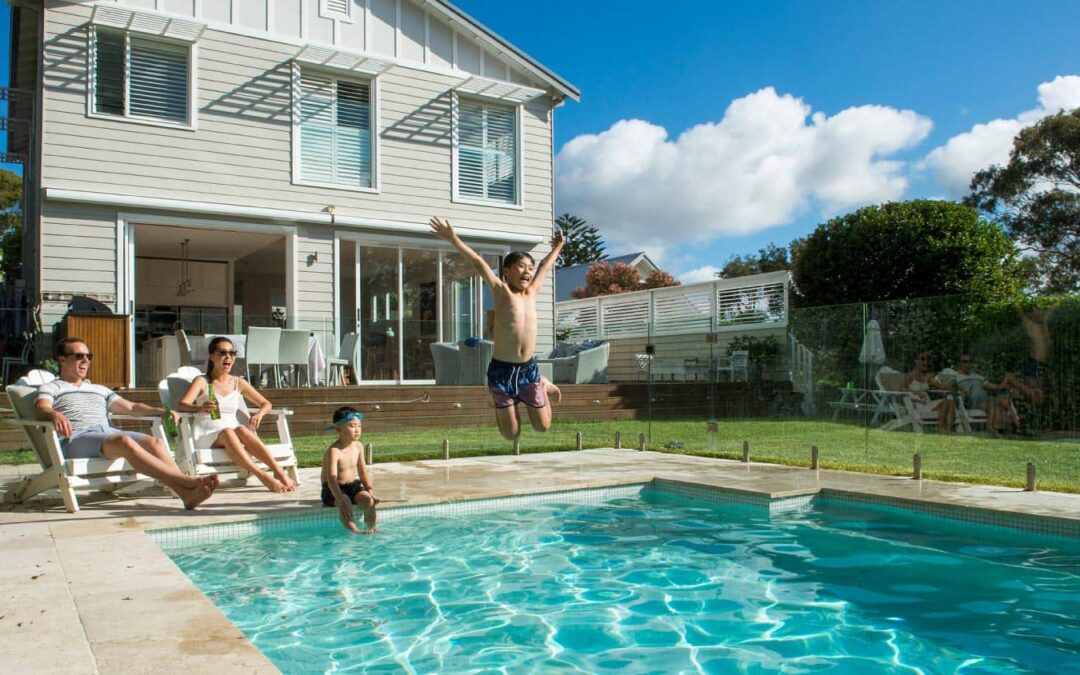The question ‘how long does it take to heat a pool’ is one that many pool owners and prospective buyers ask. Whether you’re looking to enjoy a swim in colder months or simply want the water at a comfortable temperature, understanding the dynamics of pool heating can make a significant difference. In this article, we’ll discuss various factors influencing the time it takes to heat your pool and how you can optimize this process.

Understanding the Basics of Pool Heating
Heating a pool isnt as straightforward as it seems. Several elements play a crucial role in determining the time it takes to heat the water. From the type of pool heater to the size of your pool, each factor contributes to the overall efficiency and effectiveness of the heating process.
Let’s delve into these elements and how they impact your heating experience.
Factors Affecting Pool Heating Time
1. Type of Pool Heater
The type of heater you use can drastically change the pool’s heating time. There are primarily three types of pool heaters: gas, electric heat pump, and solar.
- Gas Heaters: Usually, the fastest option, gas heaters can warm your pool quickly but may not be the most energy-efficient or cost-effective choice for long-term use.
- Electric Heat Pumps: These are more energy-efficient than gas heaters but can take longer to heat the pool, especially when the ambient temperature is low.
- Solar Heaters: Environmentally friendly and efficient in sunny conditions, solar heaters can take the longest time to heat a pool, depending on the amount of sunlight available.
2. Size and Volume of the Pool
As expected, the larger the pool, the longer it will take to heat. The volume of water directly influences the heating rate. Larger pools require more energy and time to reach the desired temperature compared to smaller ones.
3. Ambient Temperature
The outside air temperature can have a significant effect on the heating time. Pool heaters work harder and longer when the surrounding air is cold, increasing the time needed to heat the water.
4. Pool Cover Efficiency
Using a pool cover can reduce heat loss. Pool covers help trap the heat inside and prevent it from escaping into the environment. This factor significantly speeds up the heating process.
5. Thermal Mass and Pool Construction
The material and construction of your pool also influence heat absorption. Materials like concrete have a higher thermal mass that can absorb and retain heat better, affecting heating time. For more in-depth information about enhancing a pools value, explore this detailed read on pool value.
Strategies to Optimize Pool Heating
1. Usage of Pool Covers
A quality pool cover reduces evaporation, and conserves energy, maintaining a stable temperature.
2. Scheduling Heating Times
Set your heater to operate during off-peak electricity hours to reduce energy costs without compromising comfort.
3. Regular Maintenance Checks
Ensure your heating system is well-maintained to operate at optimal efficiency. For detailed insights into maintaining equipment like drilling machines, check the guide on drill press usage.
Choosing the Right Pool Heater
Determining which pool heater is right for you depends on several factors including budget, how quickly you need your pool heated, and local energy costs.
1. Cost Considerations
Solar Heaters have high initial costs but may save money over time due to low operational costs. Gas heaters incur more ongoing expenses.
2. Environmental Impact
Solar heaters offer a sustainable choice, whereas gas and electric heaters rely on non-renewable energy sources.
Innovations in Pool Heating Technology
Advancements in technology have led to more efficient heating systems with lower energy demands. Companies are now integrating smart technologies and using data analytics to improve the performance of pool heating systems. To explore how similar technologies revolutionize the detection of water leaks, visit leak detection innovations.
Future Trends in Pool Heating
The future of pool heating is leaning toward increased efficiency and lower environmental impact with the development of zero-energy pool heating solutions.
Conclusion
Understanding how long it takes to heat a pool involves considering multiple dynamic factors. By examining the type of heater, ambient conditions, and innovative solutions, you can achieve a pool temperature that suits your needs perfectly.

FAQs
1. How can I reduce the heating time for my pool?
Use a pool cover to minimize heat loss combined with regular maintenance of your heating system.
2. What is the most efficient pool heating method?
For sustainable and energy-efficient heating, solar heaters are ideal, while gas heaters provide faster results.
3. Why is my pool taking longer to heat than expected?
Factors such as a malfunctioning heating system, heat loss due to wind, or inadequate coverage might be affecting heating time.
This article contains affiliate links. We may earn a commission at no extra cost to you.

